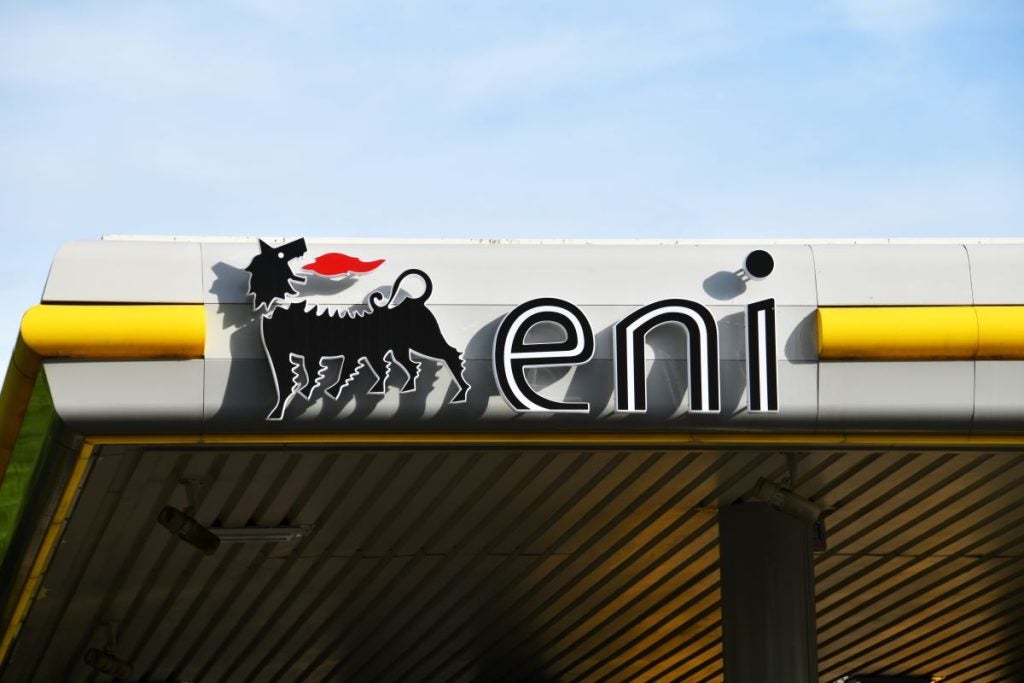Amal is a producing conventional oil field located onshore Libya and is operated by Harouge Oil Operations. According to GlobalData, who tracks more than 34,000 active and developing oil and gas fields worldwide, the field is located in block Area 90/12 & 91/12. Buy the profile here.
Field participation details
The field is owned by National Oil and Suncor Energy.
Production from Amal
The Amal conventional oil field recovered 99.56% of its total recoverable reserves, with peak production in 1970. Based on economic assumptions, production will continue until the field reaches its economic limit in 2027.
About Harouge Oil Operations
Harouge Oil Operations (Harouge), formerly Veba Oil Operations, is an oil and gas exploration and development company. The company acquires, explores and develops oil properties. The company produces crude oil pumped from various fields through export pipelines to the coast to the Ras Lanuf Terminal. It also provides shipping of crude oil from oilfields. Harouge develops and produces petroleum from its contract areas with 20 oilfields. The company operates through its self-sufficient field camps at the oil fields in Amal, Ghani, Jofra, Tibisti and En Naga. It also operates through its offices located in Tripoli and Benghaz, Libya. Libya. Harouge is headquartered in Tripoli, Libya.
For more details on the Amal Conventional Oil Field, buy the profile here.
Data Insights
From

The gold standard of business intelligence.
Blending expert knowledge with cutting-edge technology, GlobalData’s unrivalled proprietary data will enable you to decode what’s happening in your market. You can make better informed decisions and gain a future-proof advantage over your competitors.







